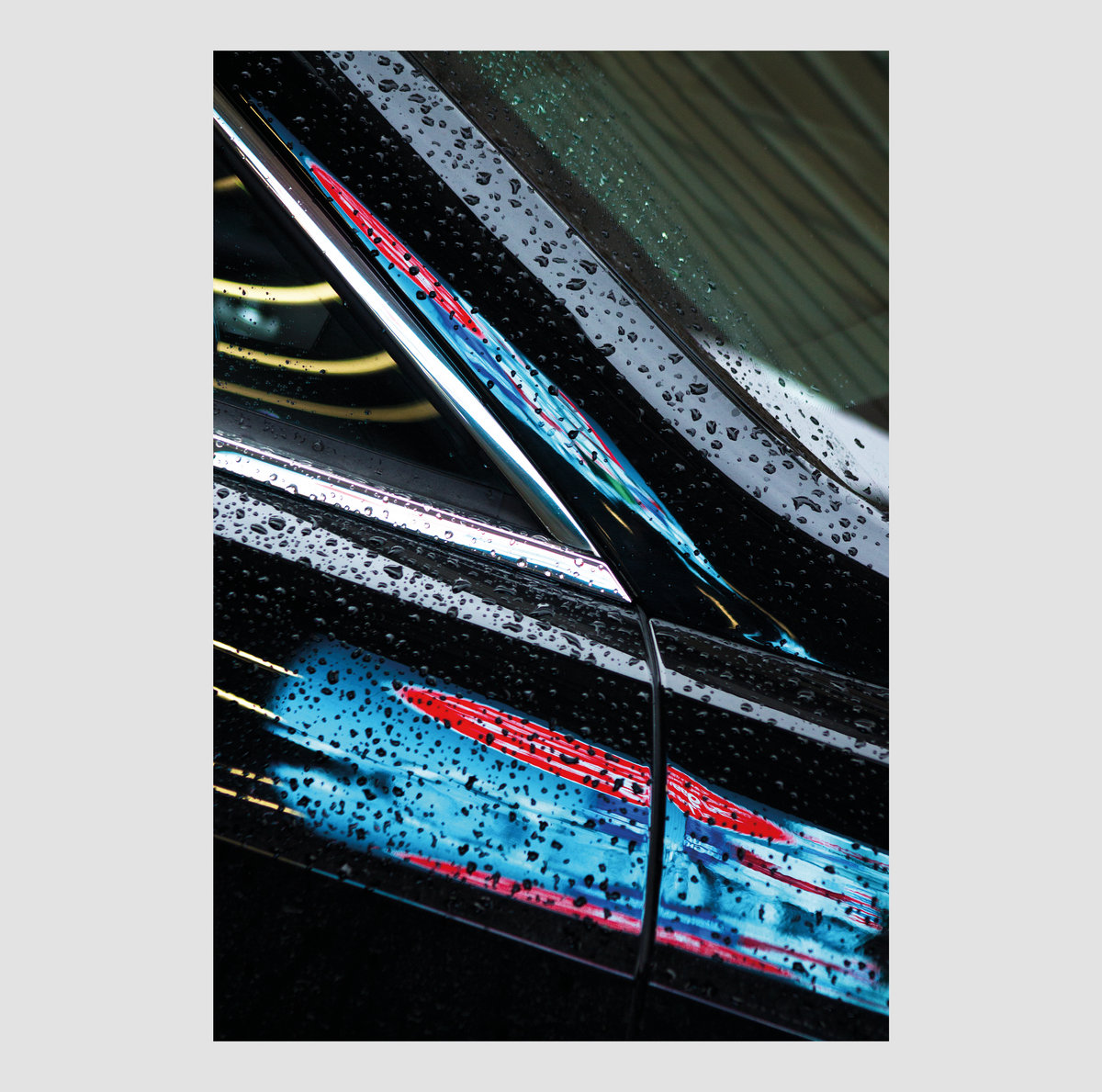GIOVANNI DI DOMENICO, Polvere Di Rabbia

Un filo sottilissimo ma tenace lega parole e musica nel nuovo lavoro di Giovanni Di Domenico, come se la voce recitante cercasse a fatica di impedire ai suoni di disperdersi fra battiti di ali convulsi e irregolari e cercasse di tenerli a sé con il magnetismo dell’eloquio. La novità della voce non prelude quindi a un disco di canzoni, non era quello che era lecito aspettarsi dal pianista italiano trapiantato a Bruxelles, ma a una raccolta di tracce, cinque, che esprimono al meglio il talento di Di Domenico nel costruire strutture musicali dall’apparente fragilità, fra lacerti di melodia e ritmiche rade e incerte. I testi sembrano frutto di un lavoro molto intimistico (più prosa che poesia, cantava quel tale): sono asciutti e rigorosi, il loro incedere è ineguale al pari della musica che li avvolge, e sono parimenti preziosi: un paio di frasi – “Non ci si può prendere troppo sul serio” e “Il movimento è un’illusione” – sembrano chiavi di lettura che l’autore stesso ci fornisce per Polvere Di Rabbia.
